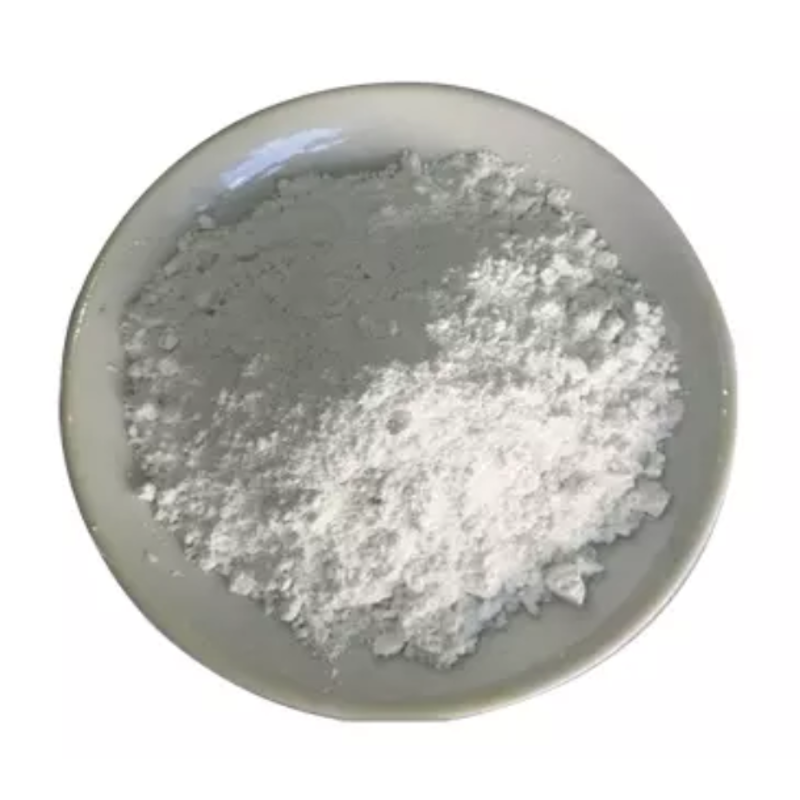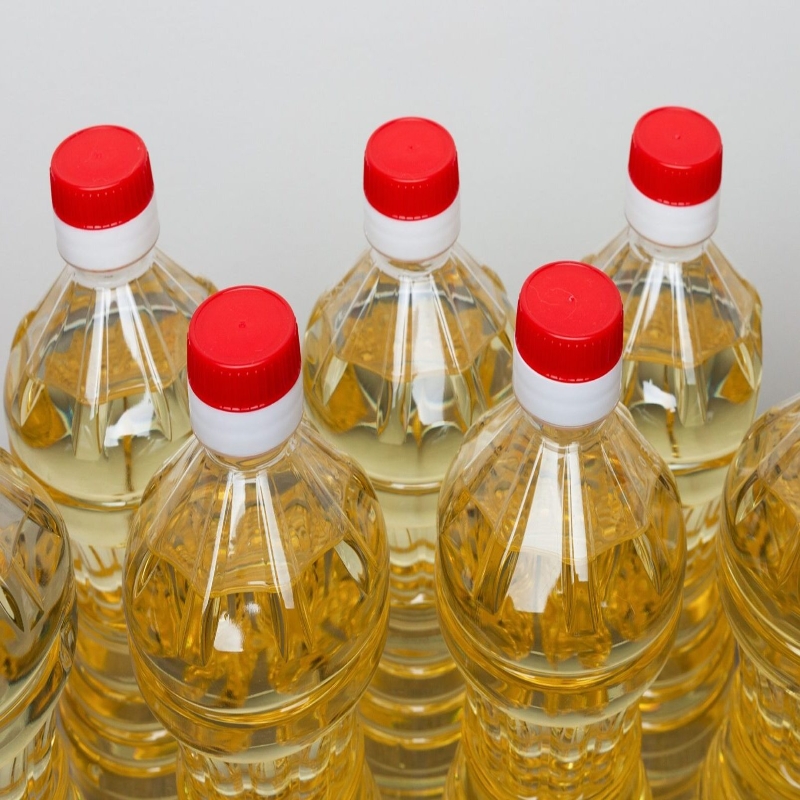-
Categories
-
Pharmaceutical Intermediates
-
Active Pharmaceutical Ingredients
-
Food Additives
- Industrial Coatings
- Agrochemicals
- Dyes and Pigments
- Surfactant
- Flavors and Fragrances
- Chemical Reagents
- Catalyst and Auxiliary
- Natural Products
- Inorganic Chemistry
-
Organic Chemistry
-
Biochemical Engineering
- Analytical Chemistry
-
Cosmetic Ingredient
- Water Treatment Chemical
-
Pharmaceutical Intermediates
Promotion
ECHEMI Mall
Wholesale
Weekly Price
Exhibition
News
-
Trade Service
How do you usually eat fruit? Washing, peeling, breaking or dicing.
Nowadays, the pace of life is very fast, and people will pursue the word "saving trouble" in many aspects of life.
But this dried fruit and juice are not fresh fruits after all, do they have the same nutritional value? Are there any additives? Can it really be eaten in place of fruit? Today, let's learn about these things about fruit
How is dried fruit made?
Because of its low moisture content and high sugar content, dried fruit can be stored at room temperature for a long time without eroding.
Regardless of whether it is naturally sun-dried, air-dried or dried by modern technology, enzymatic browning and Maillard reaction will occur with the extension of storage time or drying time to darken the color of the dried fruit
However, it is also common to see some dried fruits that are very close to the original fresh color and clear, and some dried fruits that are a little sour, sweet, crumbly, and not sticky.
Candied dried fruit products, in addition to the sugar of the fruit itself, also contain a lot of added sugar, and some have additional sodium, so eat less or no "pseudo dried fruit"
Does Juicing Fruit Destroy Nutrition?
Most people who like to drink fruit juice, in addition to being unable to resist the temptation of the bright color and special taste of fruit juice, also think that fruit juice is easily digested and absorbed by the human body, which is healthy and nutritious
Little do we know that most of the important nutrients in fruits—dietary fiber, calcium, magnesium, potassium and other minerals will remain in the pomace and discarded by us, and the vitamin C left in the juice after being squeezed into juice also greatly improves the absorption of oxygen, The probability of light and thermal oxidation is more likely to be lost by oxidation
In this way, not only do we not make full use of the vitamins in the juice, but because a glass of juice requires 2-3 times the amount of fruit to be squeezed, we will consume additional sugar
In addition, if it is fresh fruit juice for takeaway, the merchant will add a color protectant for the oxidative discoloration of the juice, and such "natural juice" will become very unhealthy
Can dried fruit and fruit juice replace fruit?
There is growing research evidence that increasing fruit intake reduces the risk of cardiovascular disease and gastrointestinal cancers (colorectal, gastric, and esophageal cancers)
①Dried fruits and fruit juices have extremely high sugar content and high calories, which are very unfavorable for blood sugar and weight control
②Fresh fruit is the main food source of vitamin C that our body must supplement every day, and vitamin C plays an important role in health
It is recommended in the Dietary Guidelines for Chinese Residents that healthy people over 2 years old should consume 200-350 grams of fresh fruit a day, and do not replace fruit with fruit juice, unless they are frail and elderly people, and people with weak gastrointestinal digestive function or temporary eating disorders
Special Note: Dried fruits and juices are not suitable for people with obesity, overweight, high blood sugar, high blood pressure and dyslipidemia because the health-promoting nutrients in dried fruits and juices are lost and the sugar content increases
Expert in this article: Pali Ze, Chief Physician of Nutrition, former Deputy Director of Chronic Disease Prevention and Health Management Institute of Xinjiang Uygur Autonomous Region Center for Disease Control and Prevention







